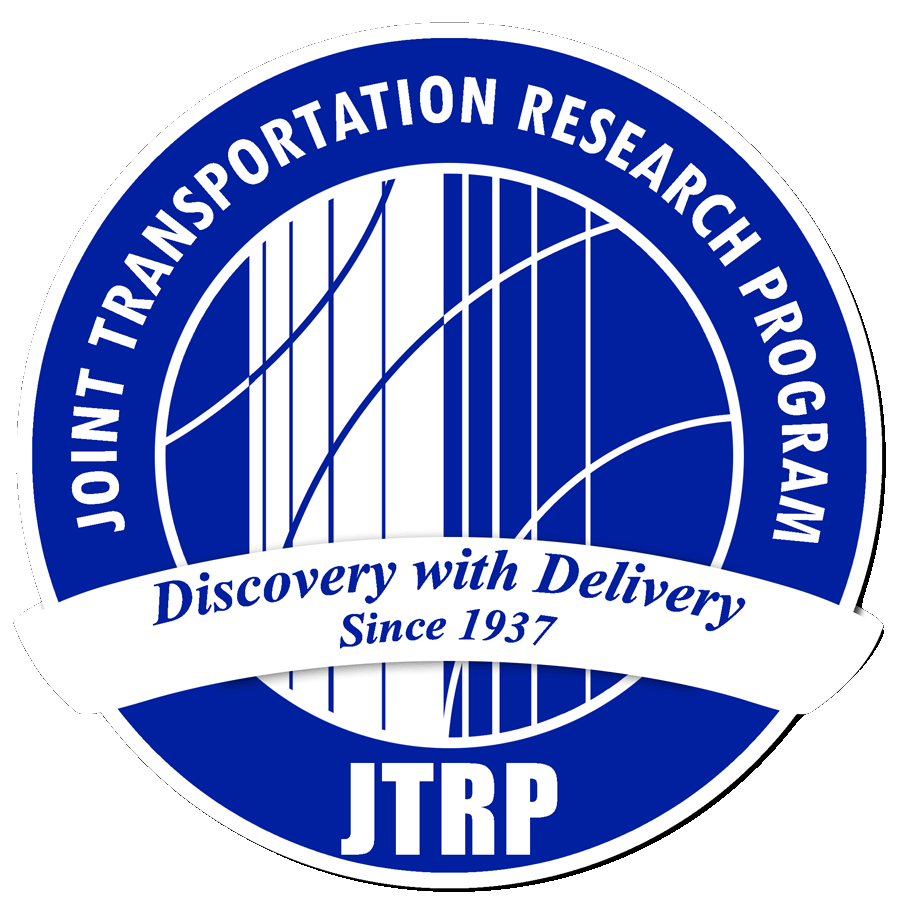Recommended Citation
Kowalski, K. J., R. S. McDaniel, and J. Olek. Identification of Laboratory Technique to Optimize Superpave HMA Surface Friction Characteristics. Publication FHWA/IN/JTRP-2010/06. Joint Transportation Research Program, Indiana Department of Transportation and Purdue University, West Lafayette, Indiana, 2010. https://doi.org/10.5703/1288284314265DOI
10.5703/1288284314265
Abstract
Wet pavement friction is known to be one of the most important roadway safety parameters. In this research, frictional properties of flexible (asphalt) pavements were investigated.
As a part of this study, a laboratory device to polish asphalt specimens was refined and a procedure to evaluate mixture frictional properties was proposed. Following this procedure, 46 different Superpave mixtures, one stone matrix asphalt (SMA) mixture and one porous friction course (PFC) mixture were tested. In addition, 23 different asphalt and two concrete field sections were also tested for friction and noise.
The results of both field and laboratory measurements were used to develop an International Friction Index (IFI)-based protocol for measurement of the frictional characteristics of asphalt pavements for laboratory friction measurements.
Based on the results of the study, it appears the content of high friction aggregate should be 20% or more of the total aggregate blend when used with other polish susceptible coarse aggregates; the frictional properties increased substantially as the friction aggregate content increased above 20%. Both steel slag and quartzite were found to improve the frictional properties of the blend, though steel slag had a lower polishing rate. In general, mixes containing soft limestone demonstrated lower friction values than comparable mixes with hard limestone or dolomite.
Larger nominal maximum aggregate size mixes had better overall frictional performance than smaller sized mixes. In addition, mixes with higher fineness moduli generally had higher macrotexture and friction.
Report Number
FHWA/IN/JTRP-2010/06
Keywords
friction, macrotexture, microtexture, International Friction Index, asphalt pavements, SPR-2413
SPR Number
2413
Project Number
C-36-56K
File Number
2-13-11
Performing Organization
Joint Transportation Research Program
Publisher Place
West Lafayette, Indiana
Date of this Version
10-2010



